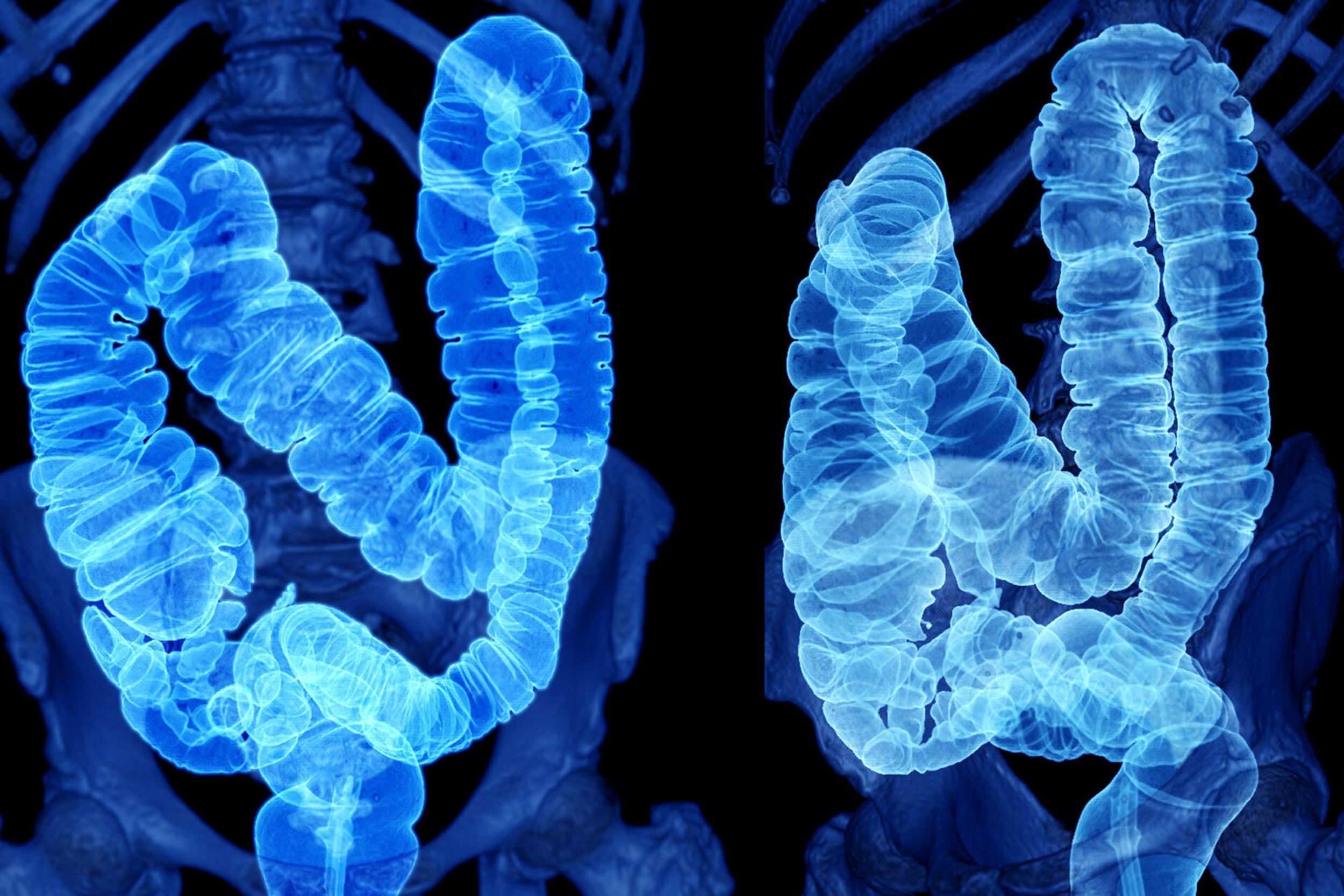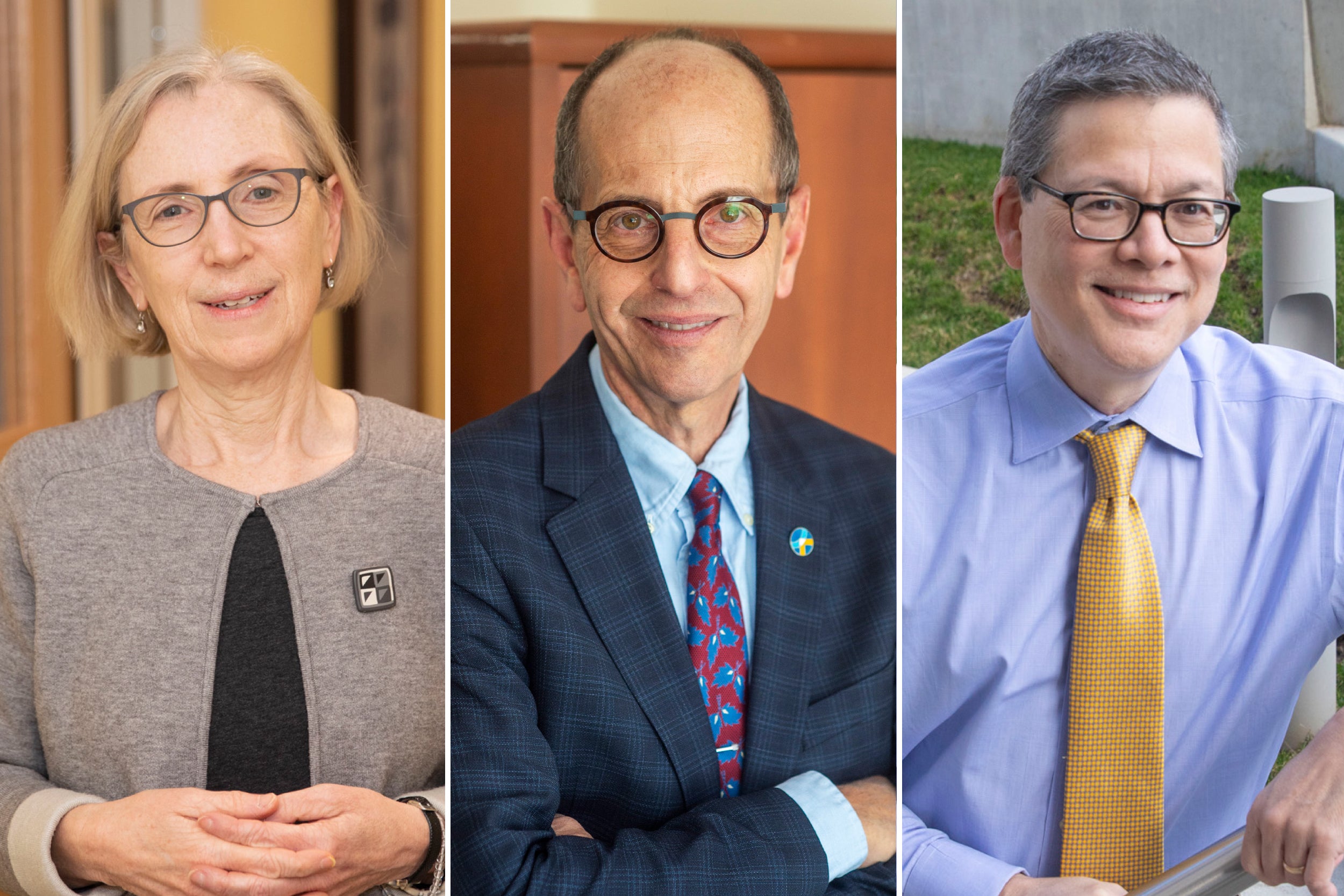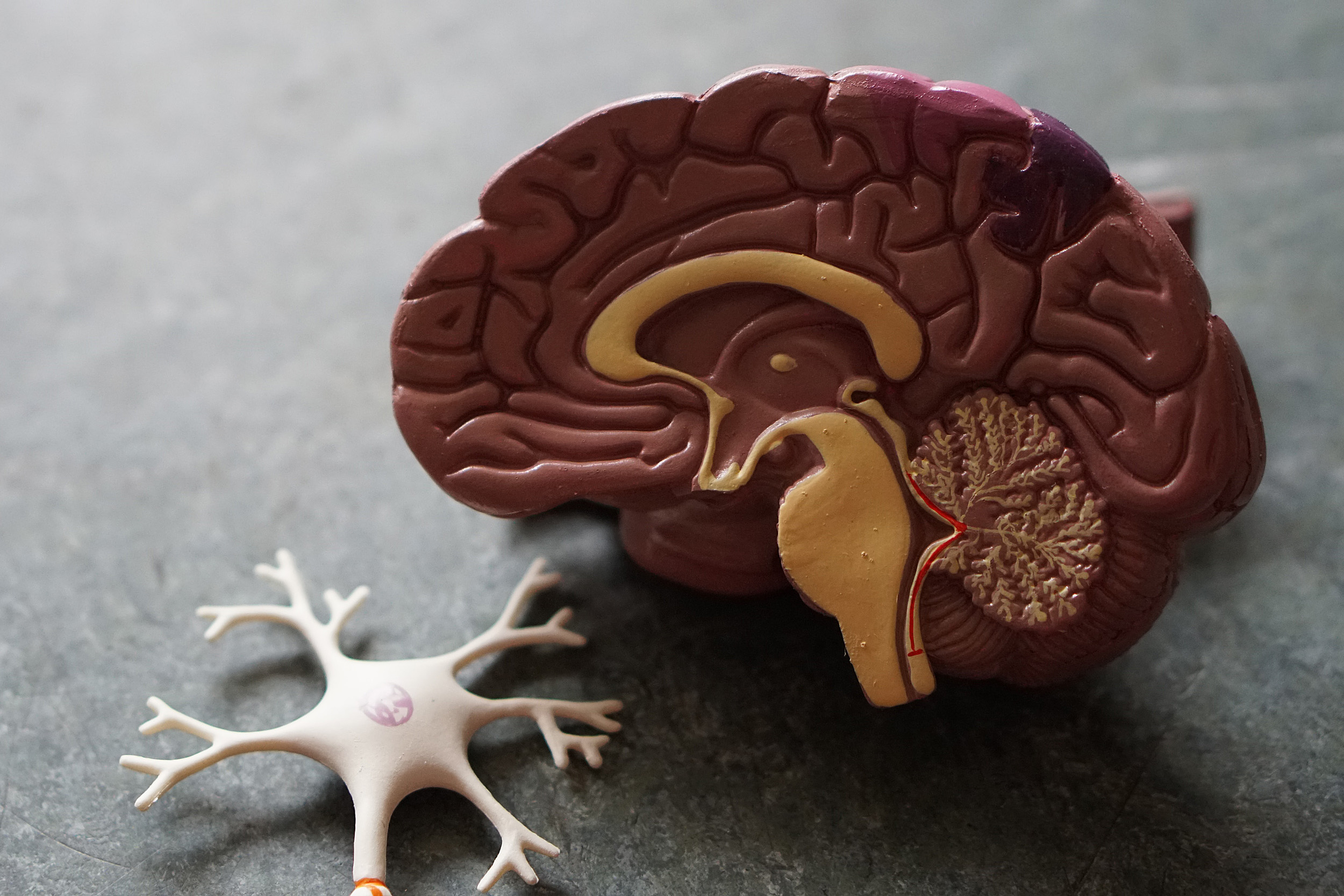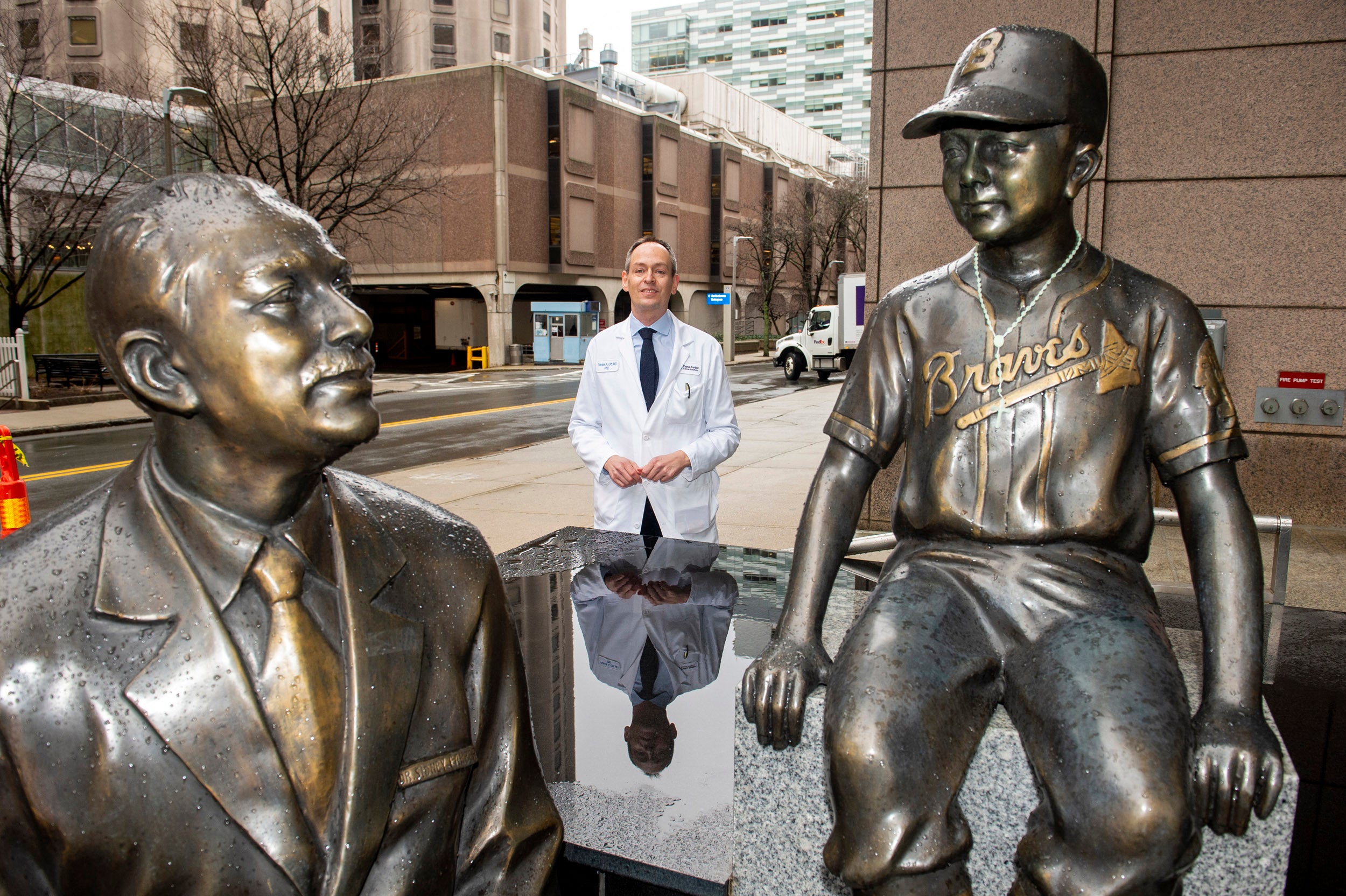Closer look at cancer cells’ ability to rewire, thrive, survive
Insights into how cancer cells adapt and rewire their metabolism to achieve growth and survive were accompanied by a call for tools to study this on a nearly single-cell level, according to a new paper in Nature Communications. In the 1920s, Otto Warburg observed that cancer cells metabolically adapt their glucose pathway in unusual ways. […]
March 24, 2022 • ~5 min
New tool developed to study ‘undruggable’ proteins
Researchers at Harvard have designed new, highly selective tools that can add or remove sugars from a protein with no off-target effects, to examine exactly what the sugars are doing and engineer them into new treatments for “undruggable” proteins.
April 16, 2021 • ~7 min
Personalized melanoma vaccines show lasting effects
Researchers at Harvard Medical School and affiliated institutions have shown that a personalized cancer vaccine that is specific to an individual’s tumor has lasting effects, detecting vaccine-related immune system changes years after the vaccine was given.
April 1, 2021 • ~12 min
/
5










